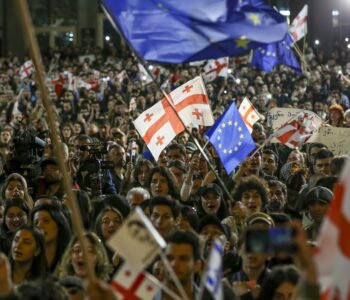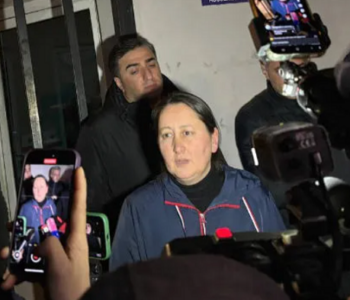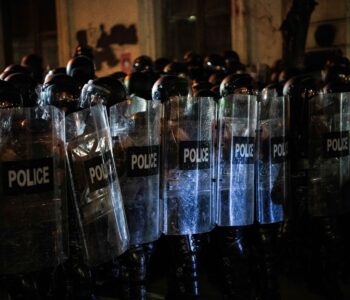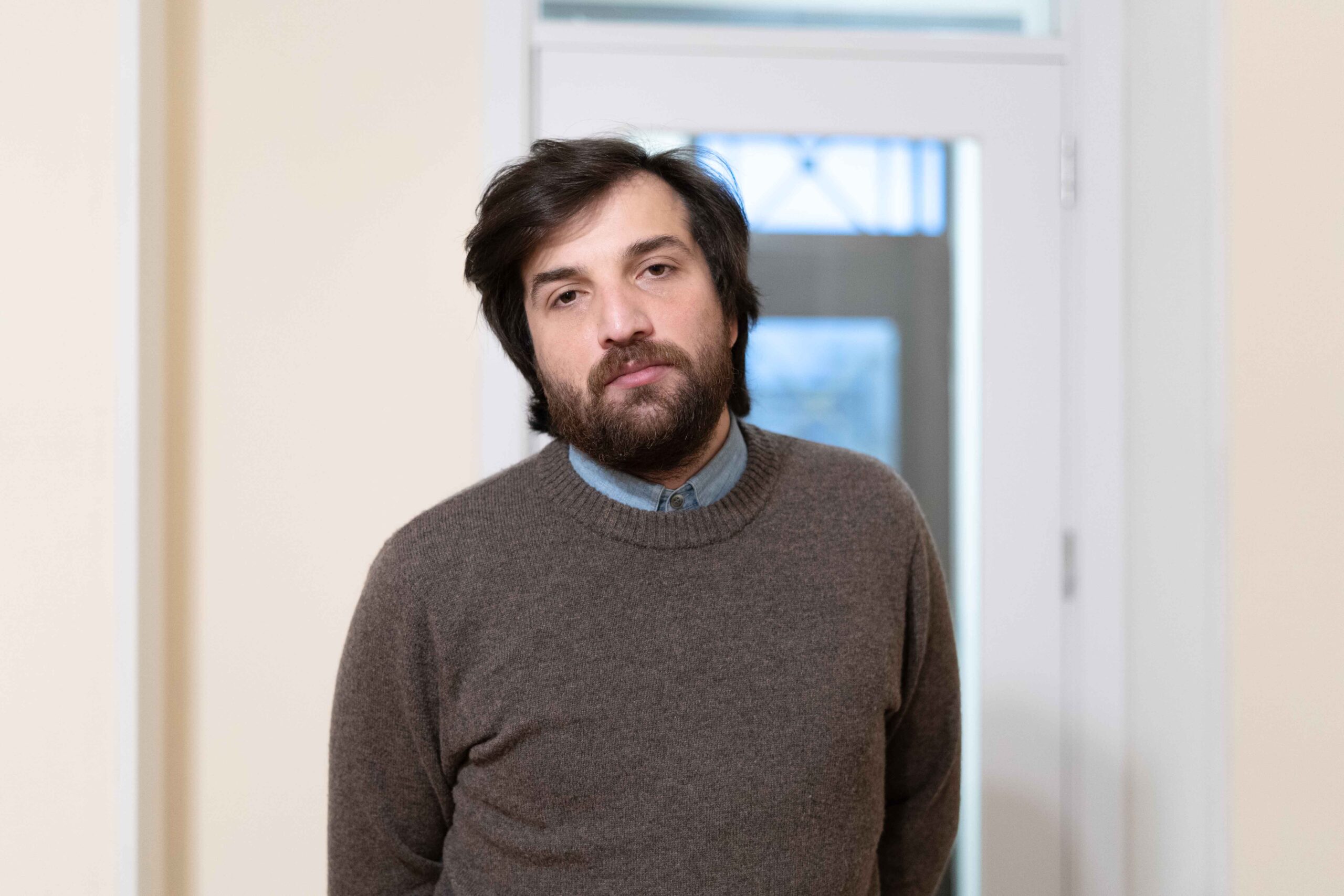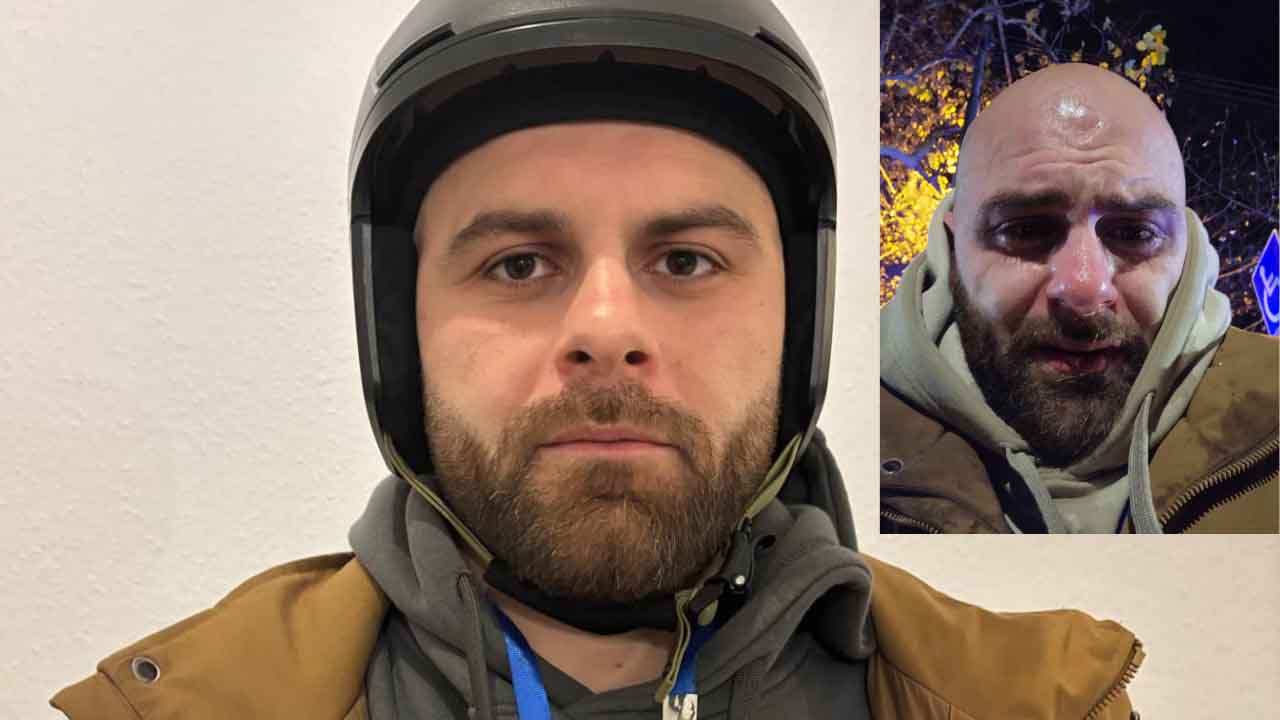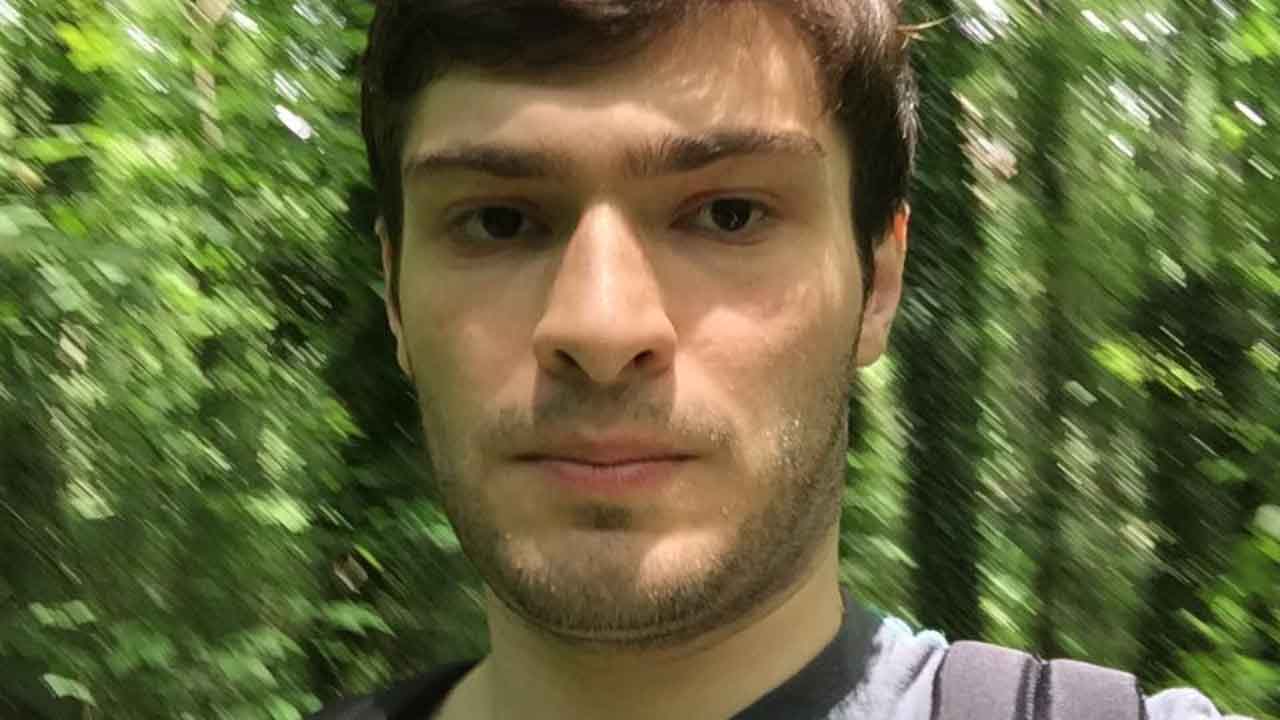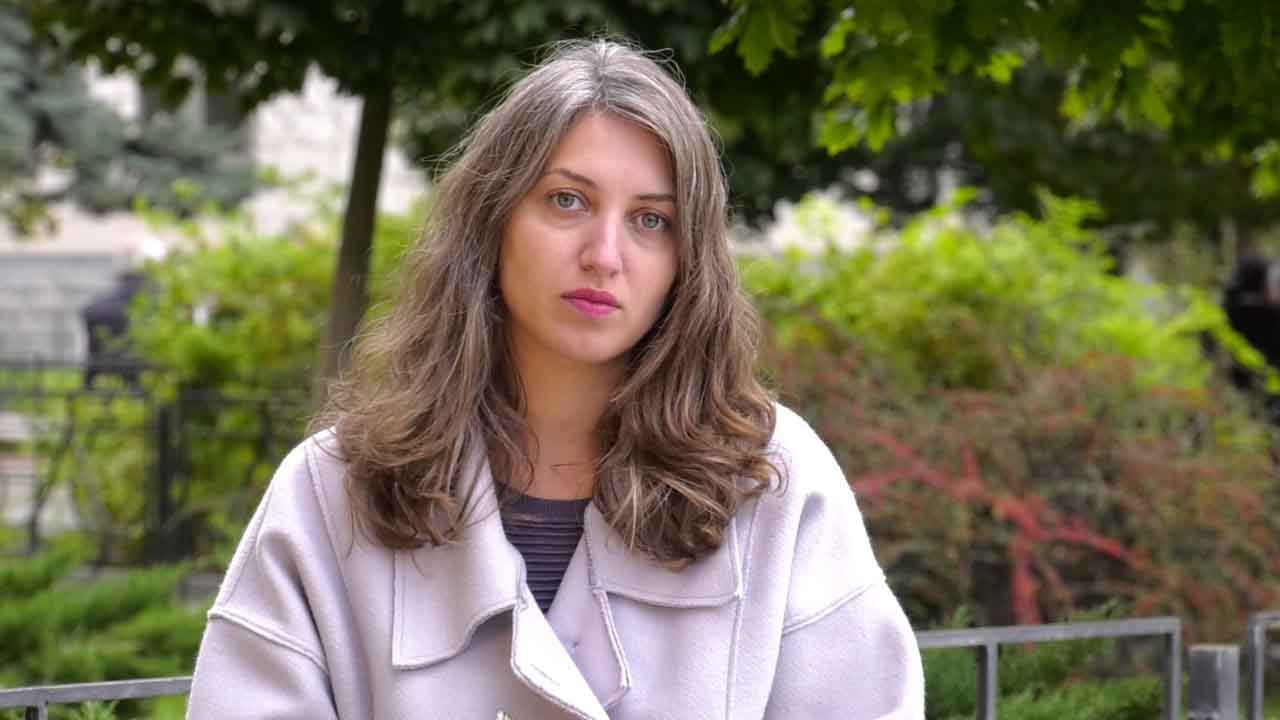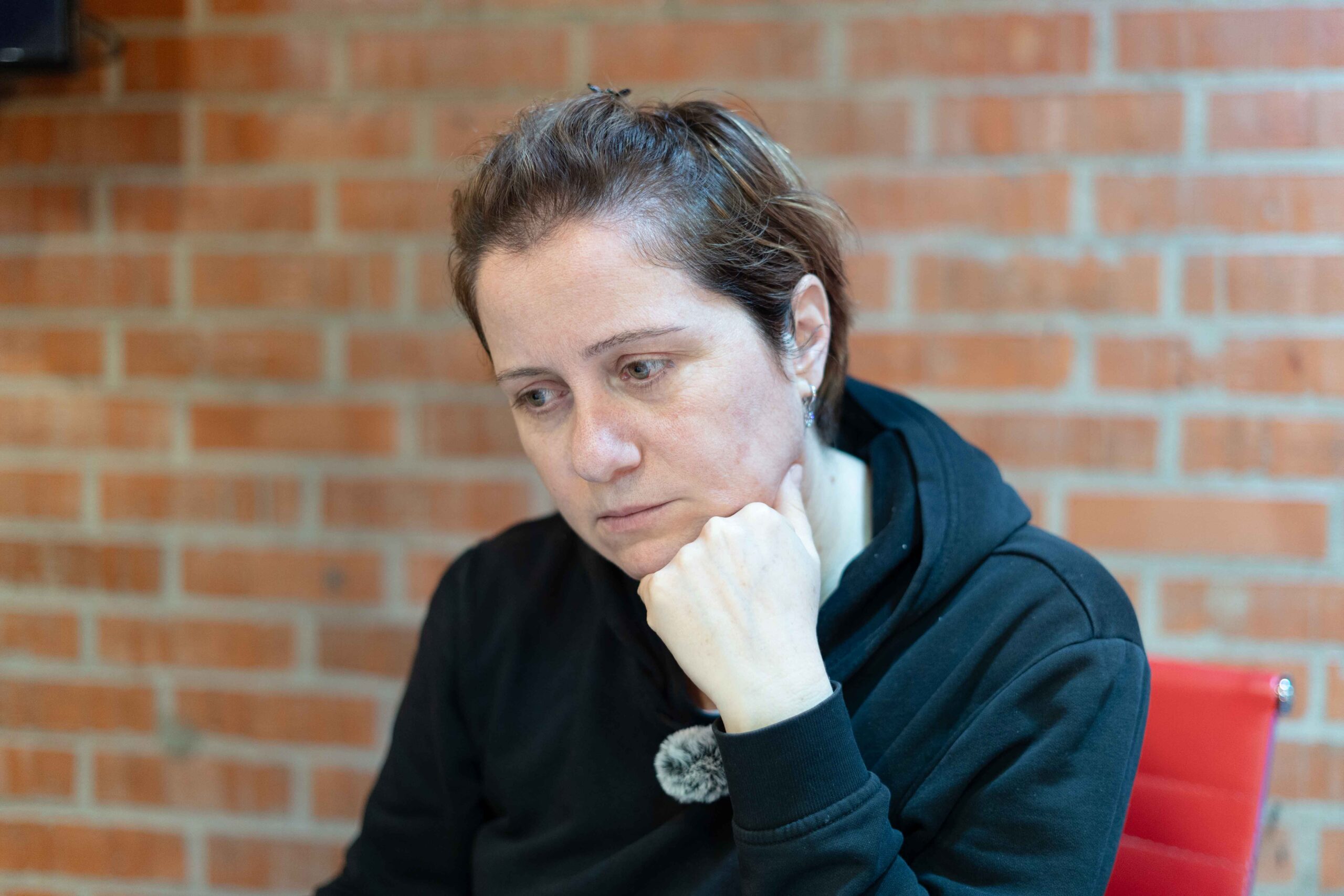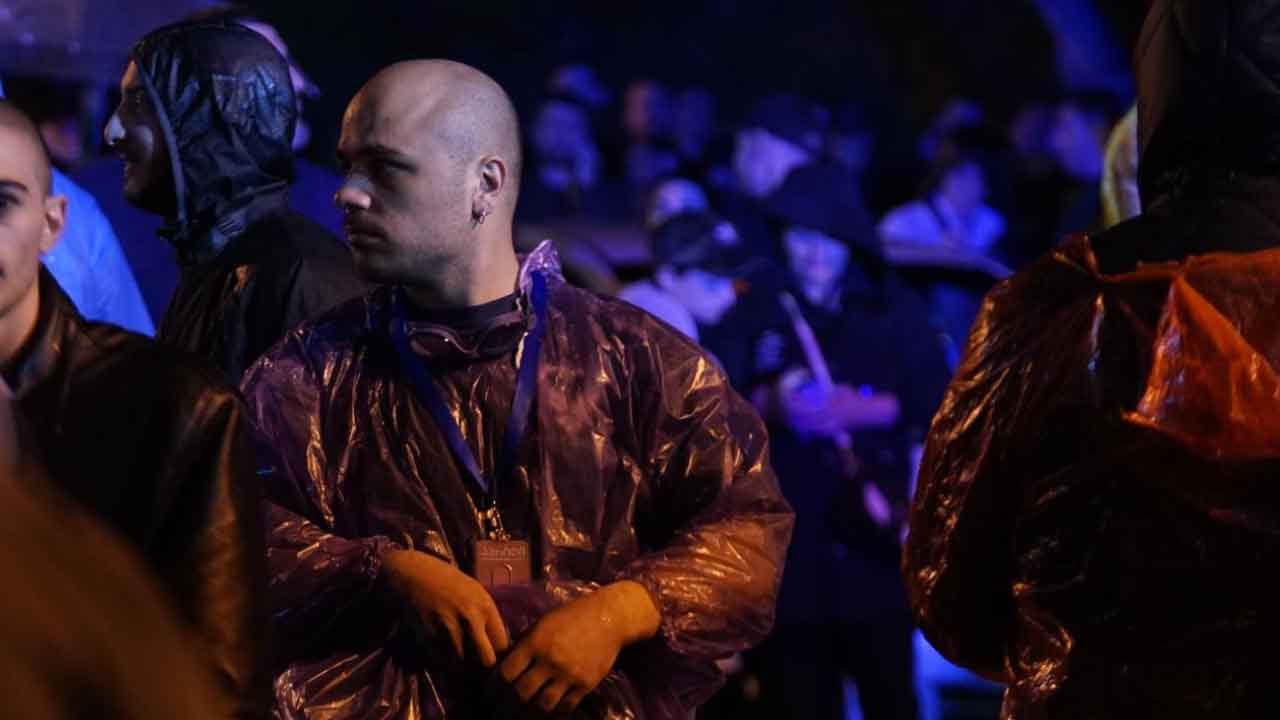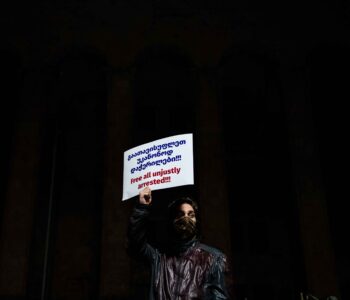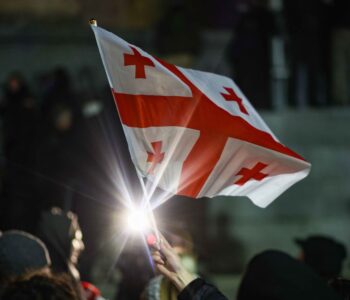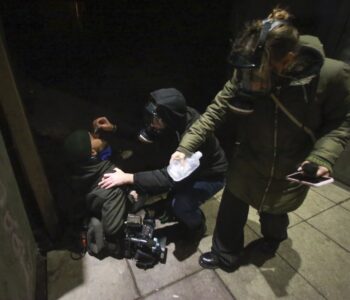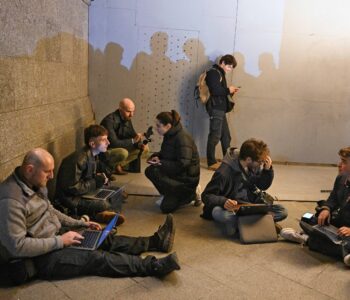In Georgia, there have been more than seventy days of uninterrupted mobilisation, from massive crowds to more limited and category-based protests – over one hundred days if we consider the first wave, that is, the protest that started on October 28, when the preliminary results of the parliamentary vote on October 26 returned a picture considered not very credible.
In its fourth term and after months of heated criticism of the government, the Georgian Dream was declared the winner with 54% of the preferences by a central electoral committee largely reshuffled during the last term and purged of opposition elements. This first wave saw the mobilisation of the opposition and students, mainly in Tbilisi and Batumi.
The second wave – with a much larger and wider participation – began on November 28, and is still ongoing. On this date, the Prime Minister appointed by the Georgian Dream, Irakli Kobakhidze, declared the suspension of negotiations for integration into the European Union until 2028.
It should be emphasised that, despite the terrible relations it has established with Western partners, and with the European Union in particular, the Georgian Dream has never declared that it does not have entry into the Union as its goal. On the contrary, it has built an entire reality – parallel to what is happening in bilateral relations – on the actual advancement of the position in the country and has promised its electorate entry into the EU in 2030.
Obviously, a suspension of negotiations and then entry within two years is an unbelievable plan, which has produced a wave of uninterrupted and widespread mobilisations that are unprecedented in the history of the country. Protests have been marked by extremely violent repressive actions.
The media
The parallel reality of the Dream propaganda is built on careful and coordinated control over information. The main protagonists of this campaign are the Imedi television channel and the public broadcaster of Georgia, which however usually has a smaller audience.
While the former interviewed several protesters, the latter was the object of heated controversy and pickets by the protesters who managed to obtain some visibility, sacrificed to the night hours, which did not satisfy their demands.
Censorship of the information sphere close to the opposition began with the Law on foreign agents last spring, which could be considered at the time as the final act of a path of repression that characterised the relations of the governing party and the non-aligned media.
In fact, the current government has created a new repressive and regulatory framework that should further silence dissident voices.
Journalists have been targeted. Some have been arrested or detained, together with hundreds of others who have already been convicted or are awaiting trial. Many show signs of violence and/or torture.
Among the media workers in this situation, the fate of Mzia Amaghlobeli has caused particular outrage and concern.
Amaghlobeli is a journalist, co-founder and director of the online media Batumelebi and Netgazeti, two media that have covered the protests with maximum visibility, both in Batumi, the second epicentre of the protests, and in Tbilisi.
On January 12, during a protest and after having previously been detained, Mzia Amaghlobeli was arrested on charges of slapping the Batumi police chief, Irakli Dgebuadze.
The incident followed a tense situation characterised by heavy verbal abuse by Dgebuadze, who then took revenge during the arrest by denying the journalist access to water and the bathroom. Amaghlobeli has been in pre-trial detention since January 14. The article she was charged with carries a prison sentence of four to seven years.
Amaghlobeli is now engaged in a hunger strike that is undermining her health, and it has become necessary to transfer her to a clinic. In solidarity with the journalist, other prisoners have started their own hunger strike.
According to Transparency International Georgia , an NGO also in the eye of the regime’s storm: “It is clear that Mzia Amaghlobeli is not being punished for having committed an act of grave danger, but for having denounced the corruption of the regime and its involvement in illegal activities over the years. It can therefore be said that Mzia Amaghlobeli is a political prisoner, according to the definition established by the Parliamentary Assembly of the Council of Europe”.
Hungary and Italy
In the meantime, Georgia has left that very assembly.
Behind the Dream’s propaganda, the regime is increasingly isolated. The new government and the new president have received recognition from few countries, including neighbouring Iran, Turkey, Armenia and Azerbaijan.
The Dream had hoped for a change of administration in Washington to support its legitimacy, but at Donald Trump’s inauguration the only person present was outgoing president Salome Zourabishvili, at the invitation of Senator Joe Wilson, a Republican and a great supporter of the sanctions against the Dream.
Numerous sanctions have been imposed on the government team, including suspended diplomatic visas to Europe, with some European countries taking the initiative to also impose numerous bilateral measures to suspend collaboration and sanctions against individuals.
The exception is Hungary which, in stark contrast with EU foreign policy, fully recognises the Dream’s government.
Italy has followed in Hungary’s steps. Ambassador Massimiliano D’Antuono met with the Foreign Minister nominated and elected by the Dream to discuss bilateral relations, the importance of collaboration within international forums, national developments, regional and global challenges and future prospects, thus legitimising the government of the Dream and breaking the common European front.
This was denied in the debate of the foreign affairs committees of the Italian parliament, during which Italy’s alignment with the European position and condemnation of the repression and violence in Georgia were emphasised.
However, it remains an act for internal use, which is issued when the Italian embassy had already officially circulated a message fully cooperative with the Dream’s government.
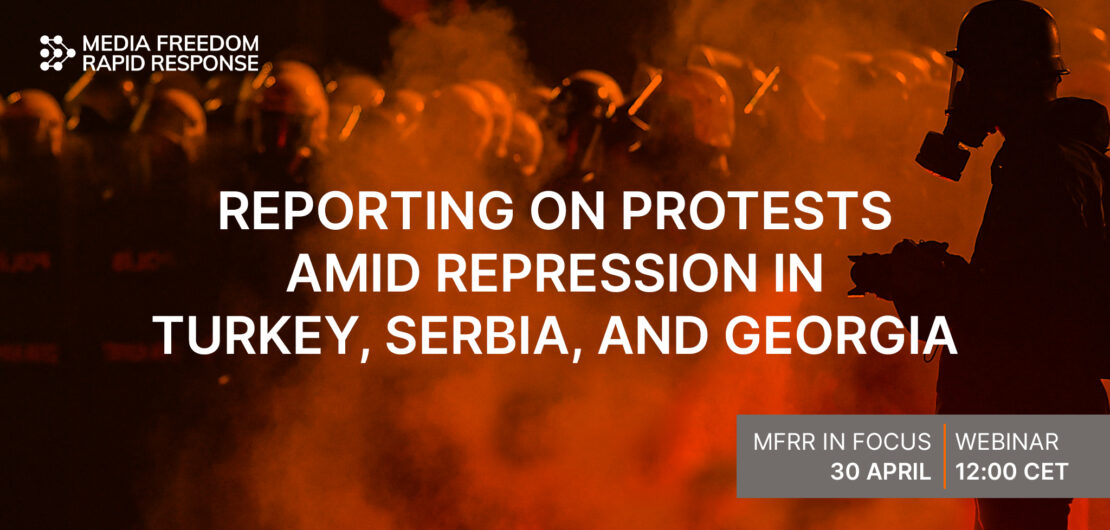 Event
Event




